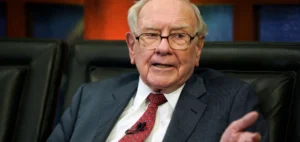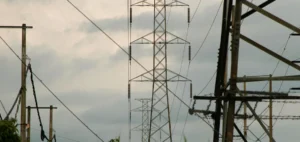Hydro-Quebec signs an agreement to acquire Great River Hydro, owner of 13 hydroelectric plants, for $2 million. In addition, the sale includes a land reserve of 12,140 hectares for various renewable energy projects.
A large hydroelectric park
Hydro-Québec announces the acquisition of the largest hydroelectric park in New England. The company is banking on the decarbonization and electrification goals set in the region. Indeed, the amount of electricity generated from renewable energy sources could increase in this area.
Great River Hydro has three storage reservoirs along some 500 kilometers of the Connecticut and Deerfield Rivers. The company provides enough energy annually to power more than 213,000 homes in New England. In addition, one-fifth of the energy produced is subject to long-term supply contracts, guaranteeing revenue stability.
A long-standing partnership
For Hydro-Québec, this acquisition represents an opportunity to deepen its expertise in the management and development of hydroelectric facilities. As such, the company is leveraging Great River Hydro’s knowledge of the New England market. Sophie Brochu, President and Chief Executive Officer of Hydro-Quebec says:
“Hydro-Québec has a long-standing energy partnership with New England, as we have been exporting our hydroelectricity to the region since the 1980s.”
The Quebec Crown corporation is one of the largest producers of hydroelectricity in the world. The company exports clean, renewable energy and commercializes its expertise and innovations to global markets. In addition, it is the largest producer of electricity in Canada.






















